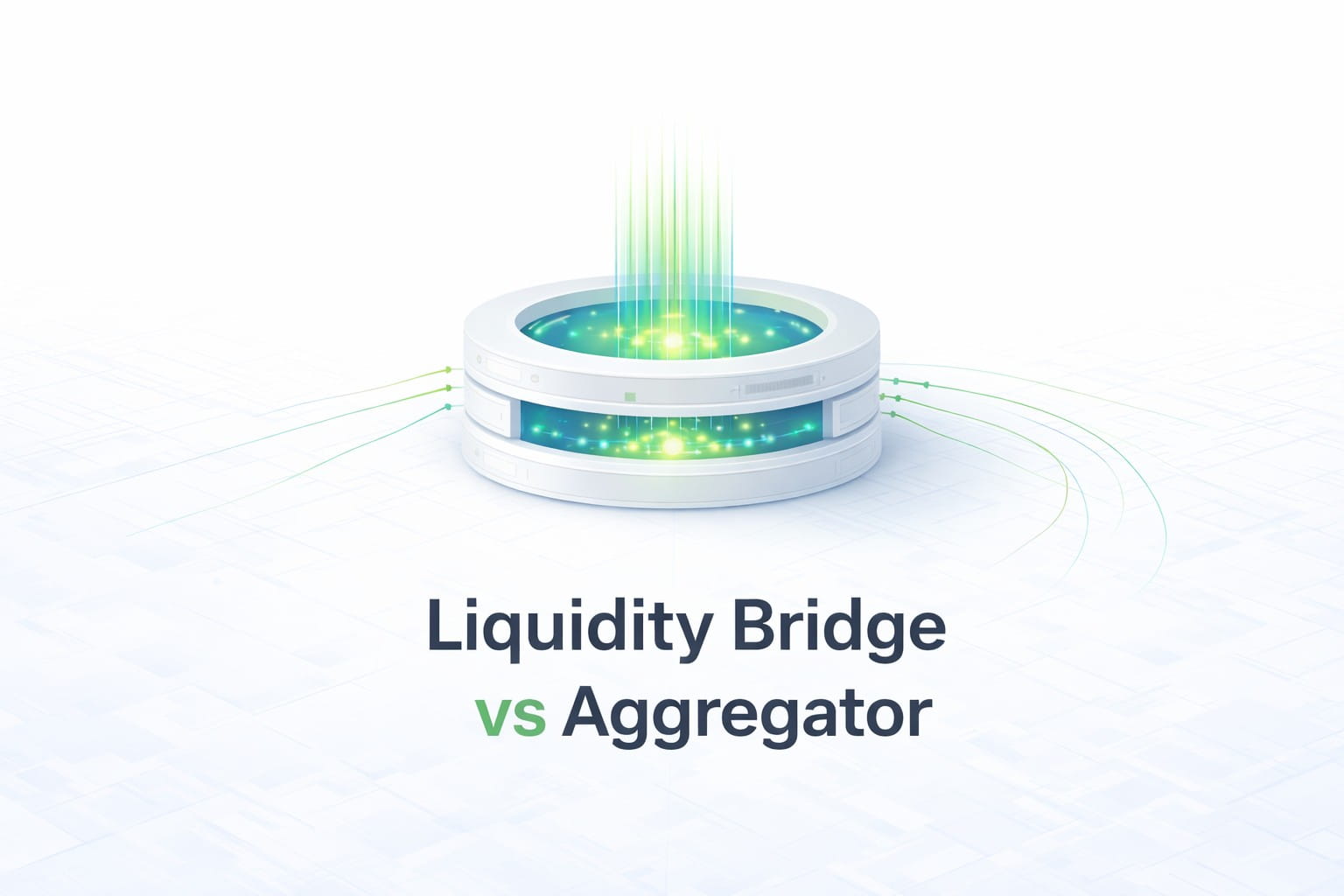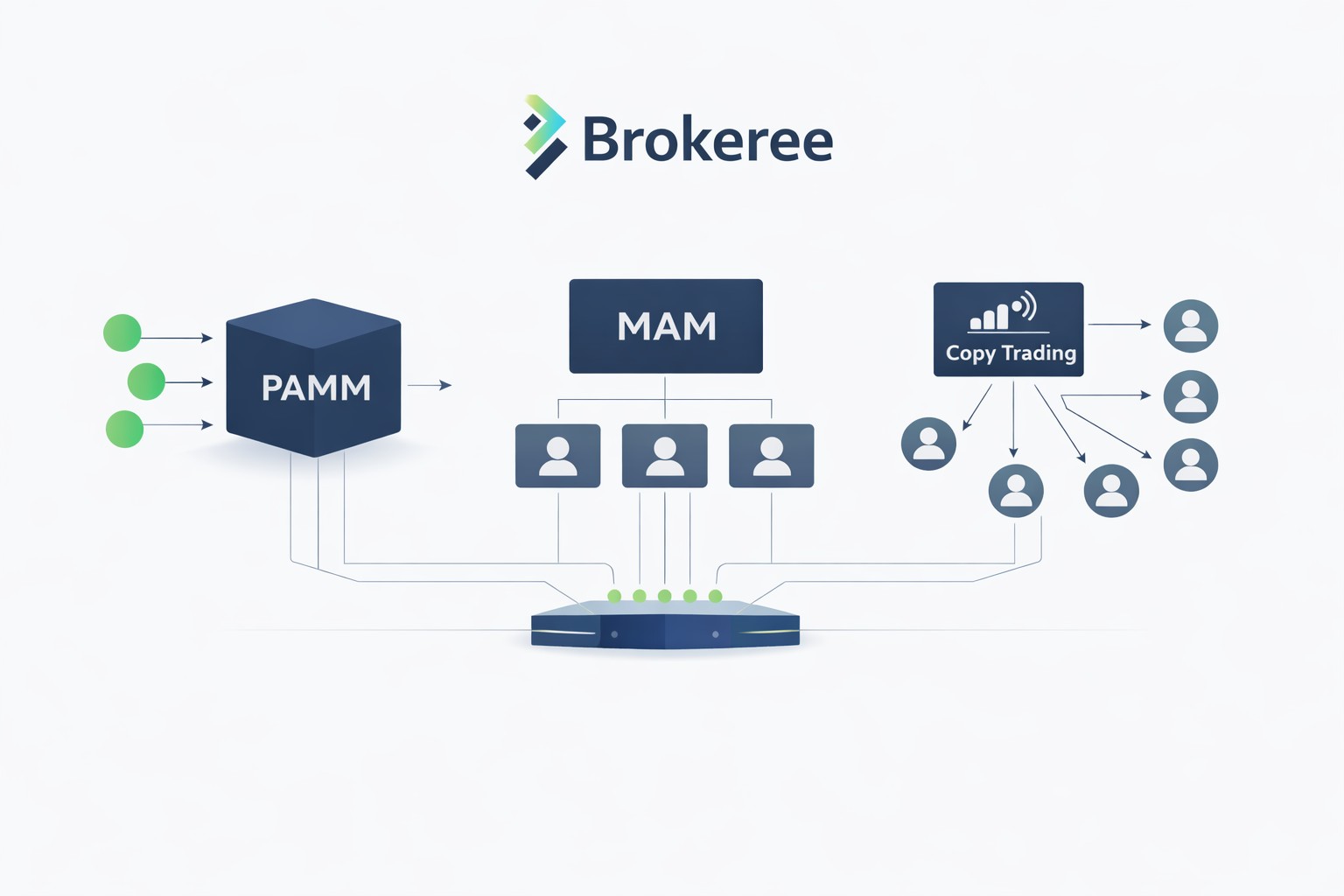Most traders start small, using their own money and carefully managing risk. But proprietary trading (prop trading) changes the game. Instead of trading with personal funds, traders use capital provided by a firm. In return, the firm takes a share of the profits. This model is growing fast, with the global proprietary trading market expected to grow at a CAGR of 4.2% between 2021 and 2028.
As prop trading becomes more popular, more traders and firms are looking for efficient ways to manage risk, track performance, and scale operations. Understanding how this model works is essential to making the most of the opportunities it offers.
What is Prop Trading, and What is a Prop Firm?
Proprietary trading refers to trading financial instruments using the capital of a trader-funded firm (TFF). Unlike traditional trading, where individuals trade with their funds, proprietary trading involves prop firms using their substantial resources to generate profits from the financial markets. These firms, often called prop shops, deploy their trading strategies across various asset classes, including stocks, bonds, commodities, and currencies.
Related: How Prop Trading Differs from Retail Forex Trading
How does Prop Trading work? What Prop Firm Solutions should be used?
At the heart of proprietary trading lies a unique dynamic between the traders and the trader-funded firm. Instead of operating on a commission-based structure, prop traders benefit from a profit-sharing arrangement. This model aligns the traders’ interests with the firm’s success, creating an environment where both parties strive for profitability.
Firms establish solid trading infrastructures to facilitate proprietary trading activities, comprising cutting-edge technology, sophisticated trading platforms, and access to extensive market data. One such solution is Brokeree’s Prop Pulse.
Brokeree Prop Pulse is a turnkey account management solution that enables prop trading firms to manage the entire trader journey, from demo account registration to a fully funded trading phase. The platform works on cTrader and MetaTrader 4 and 5.
Risk Management
Risk management plays a pivotal role in prop trading. Trader-funded firms employ stringent risk controls and implement comprehensive risk management frameworks to protect their capital and ensure sustainable profitability. Prop traders must often adhere to strict risk parameters and employ risk mitigation techniques such as stop-loss orders and portfolio diversification.
There are specific plugins like System Alerts and Advanced Stopouts, which could help brokers level up their risk mitigation technological environments.
The Advantages of Prop Trading
Prop trading has various advantages for traders and prop firms, including:
- Revenue Diversification: proprietary trading enables brokers to diversify their sources of income. In addition to commissions and spreads earned from trade volumes, prop trading profits can contribute to a more balanced revenue stream and help offset potential fluctuations in client activity.
- Risk Management and Hedging: proprietary trading can be a risk management tool for brokers. By actively trading in the markets, brokers can hedge their exposure to certain risks associated with client positions. Proprietary trading allows brokers to offset potential losses in one area of their business by earning profits in another.
- Attracting and Retaining Talent: proprietary trading operations can attract talented traders and investment professionals. Offering an opportunity for traders to trade with the firm’s capital, access advanced technology and tools, and potentially share in the profits can attract skilled individuals to join the broker’s team.
- Enhancing Reputation and Competitive Edge: Successful proprietary trading can enhance a broker’s reputation and competitive edge within the industry. Consistently profitable prop trading can demonstrate the broker’s expertise and track record, which can attract clients and differentiate the firm from competitors.
It’s important to note that engaging in prop trading also carries risks, first of all — potential losses of brokers’ funds. Brokers should carefully evaluate the associated risks, consider the market environment, and engage traders in trading statistics before establishing or expanding their prop trading activities.
Brokeree’s Prop Pulse
Brokeree’s Prop Pulse is an innovative account management solution for prop trading firms. It enables the setup of multi-step challenges to evaluate and scout traders effectively. The solution offers customizable trading objectives, intuitive dashboards, and multi-platform support.
Some notable features of Prop Pulse are:
Unlimited Challenges: Design multi-stage challenges with flexible trading objectives.
Customizable Metrics: Configure up to 20 trading objectives to set precise challenge conditions.
Performance Monitoring: Track trader progress using detailed dashboards with real-time statistics.
Multi-Platform Compatibility: Supports cTrader and MetaTrader 4 & 5 servers.
Revenue Generation: Offers free and paid challenges to create an additional revenue stream.
Quick Deployment: Launch a fully operational prop firm with a ready-to-use technology stack.
Book a demo to know more.




